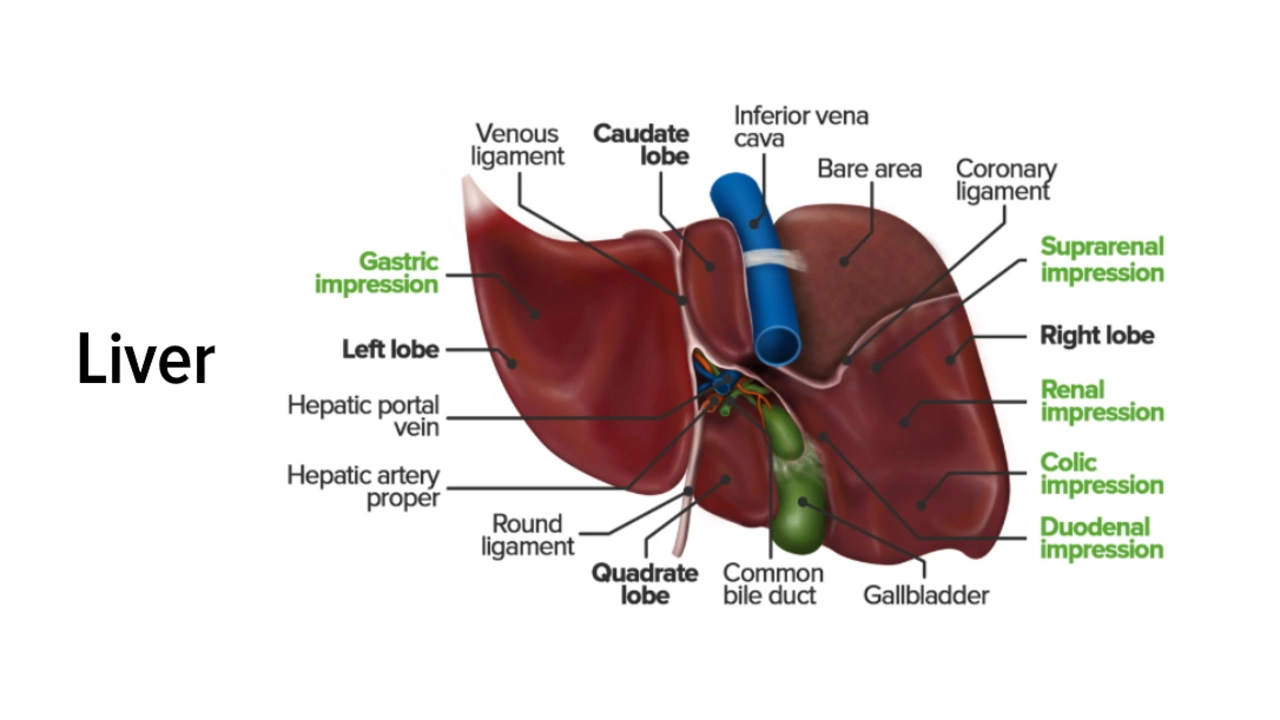Medication effects: what to expect and what to do
Medications do what they're meant to—often—but they can also cause effects you don’t want. Some are mild (dry mouth, drowsiness), some are serious (fast heartbeat, allergic reactions). Knowing why effects happen and how to handle them keeps you safer and less stressed when starting or changing a drug.
How medications cause effects and interact
Drugs act on targets in your body; sometimes they hit other targets too. That’s why you might feel sleepy on an antidepressant or get muscle aches from a statin. Metabolism plays a big role: enzymes like CYP3A4 in the liver break down many drugs. If something blocks that enzyme—grapefruit is a classic example—blood levels of certain meds can spike and cause harm. For instance, grapefruit can raise levels of some statins and increase side effect risk.
Interactions aren’t just food. Other prescriptions, OTC pills, supplements, and herbal products matter. Even common things like antacids, antibiotics, or St. John’s Wort can change how well a drug works or how badly it affects you. Older adults and people on multiple drugs have higher risk because the chances of one drug affecting another increase with each added medication.
Practical tips to reduce problems
1) Keep a single, updated list of every medicine and supplement you take. Show it to every clinician and pharmacist. That simple step avoids many interaction surprises. 2) Read the label and the leaflet. Look for warnings about food (like grapefruit), alcohol, or timing instructions. 3) Start low and watch. Many side effects show up in the first days or weeks. If you feel off—dizzy, very tired, short of breath—stop and contact your provider. Some effects need urgent care (rash with swelling, chest pain, fainting).
4) Ask your pharmacist smart questions: "Does this interact with my other meds?" "Will this cause drowsiness?" Pharmacists see patterns and can suggest safer alternatives or timing changes to reduce problems. 5) Be careful with online pharmacies—use trusted, licensed sources and avoid purchases without a prescription. Fake or substandard meds can cause unpredictable effects or none at all.
6) Keep a symptom diary for a week or two after a new prescription: record time of dose, what you ate, and any side effects. That helps your clinician spot patterns—maybe a drug causes nausea only when taken on an empty stomach, or a medication interacts with a supplement you take every morning.
7) Don’t stop abruptly unless instructed. Some medicines (certain antidepressants, blood pressure drugs) can cause withdrawal or rebound symptoms if stopped suddenly. If side effects are bad, call your prescriber and ask about dose changes or alternatives.
Finally, speak up. Share real effects—sleep troubles, sexual side effects, mood shifts—with your clinician. Those details help them pick a better drug or tweak the dose so treatment works and doesn’t take over your life.

